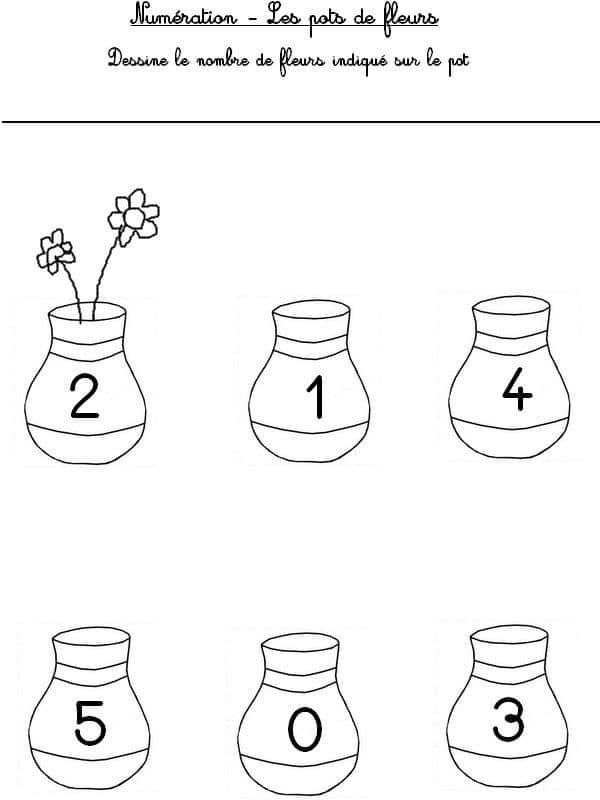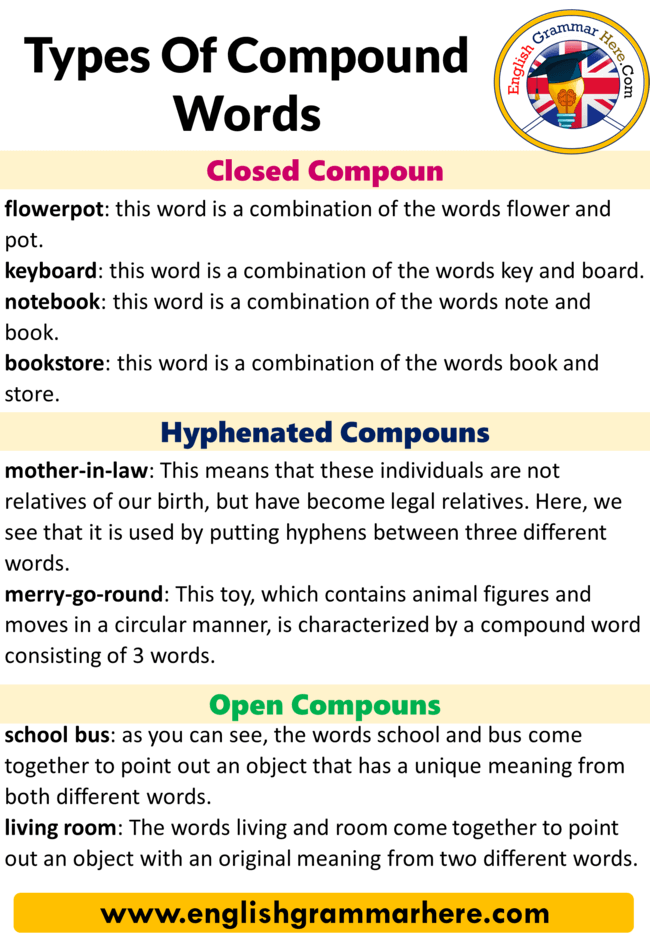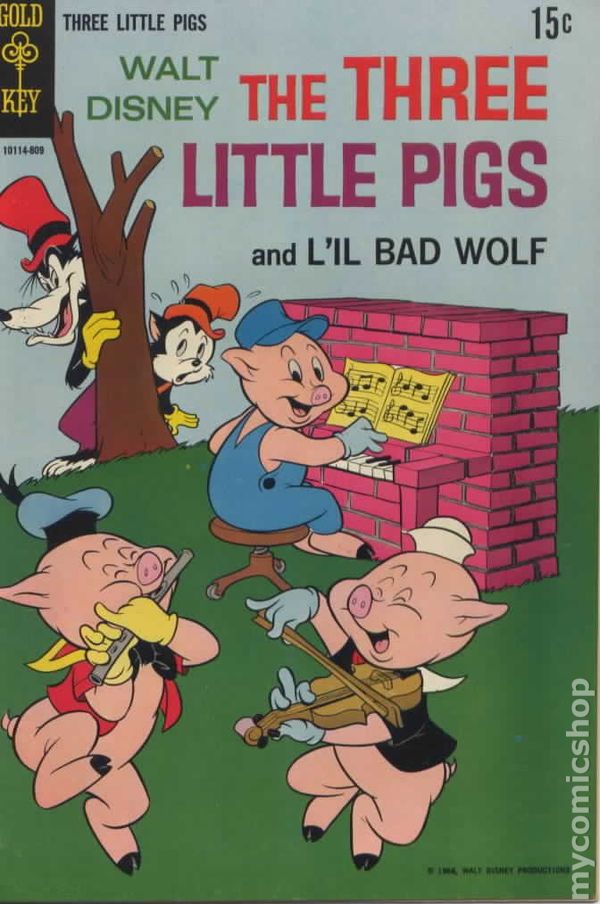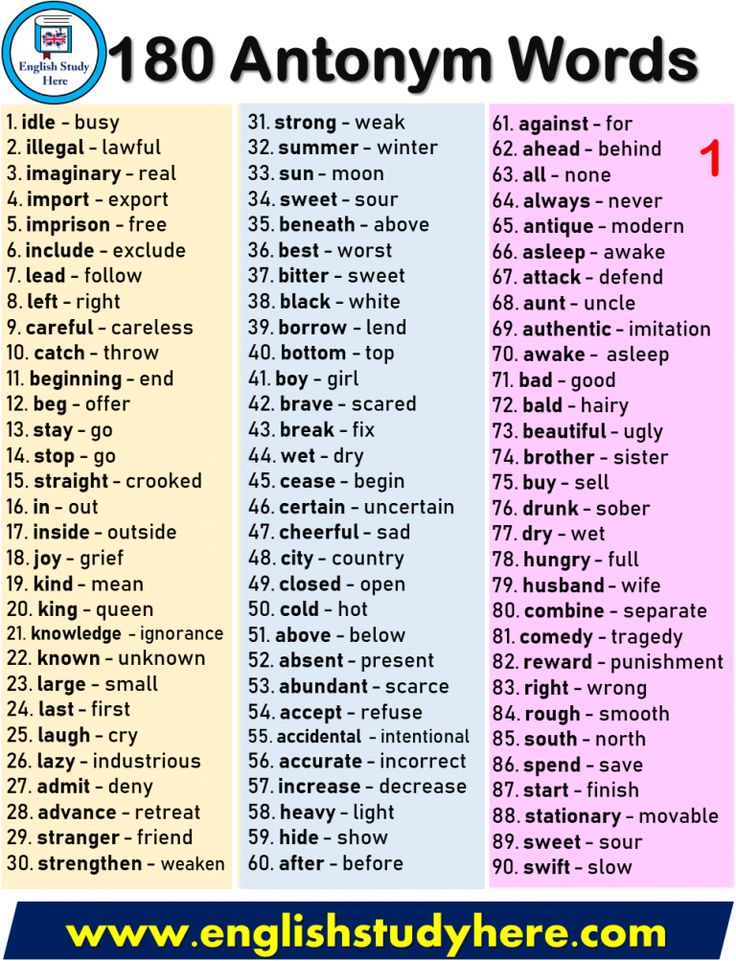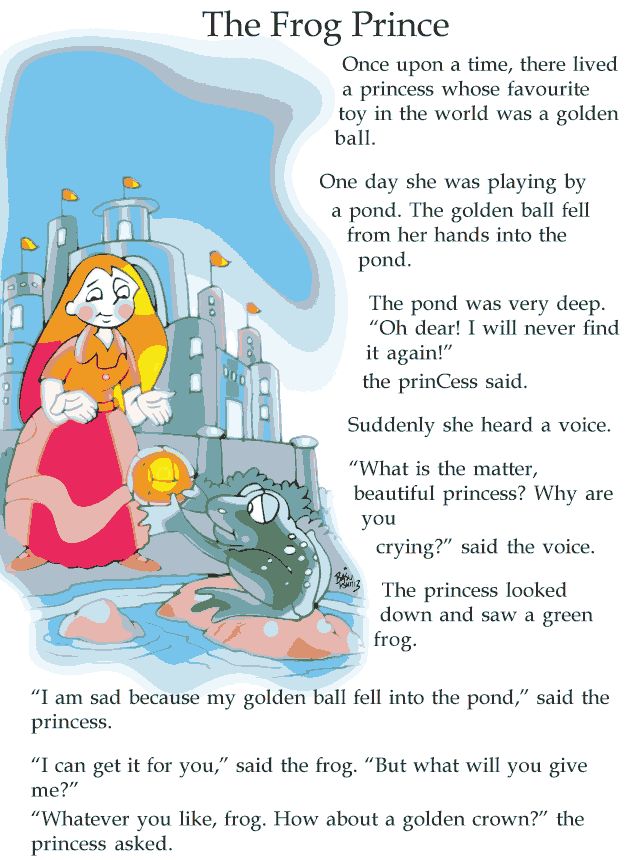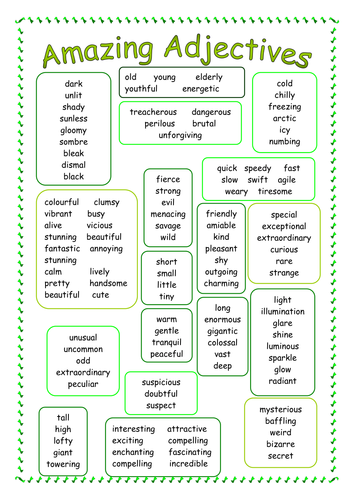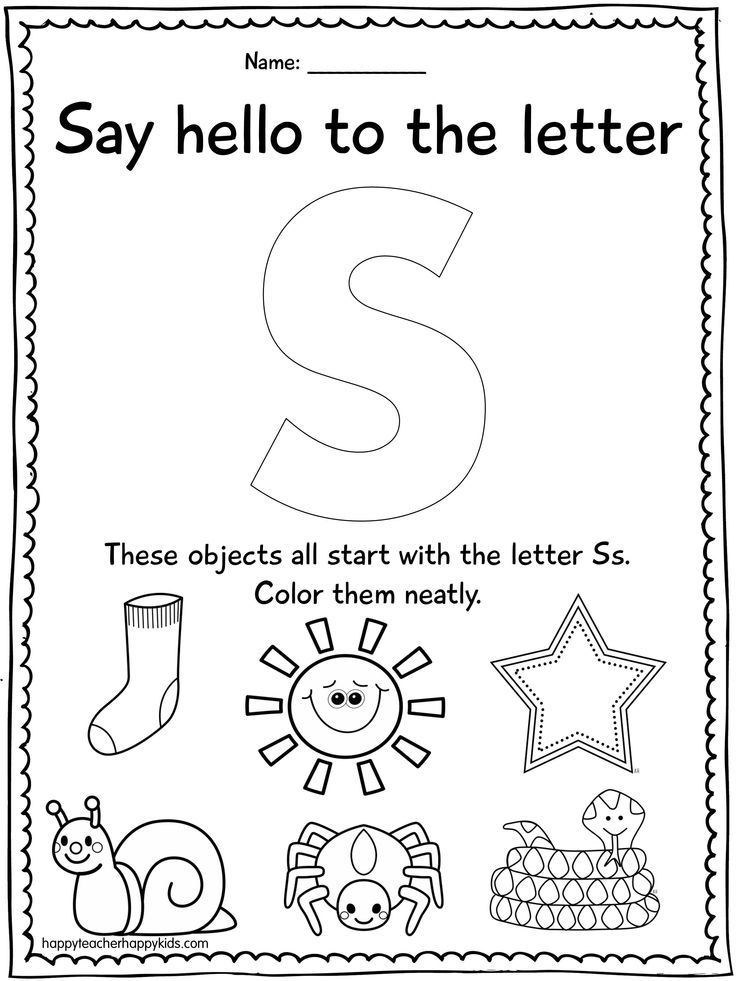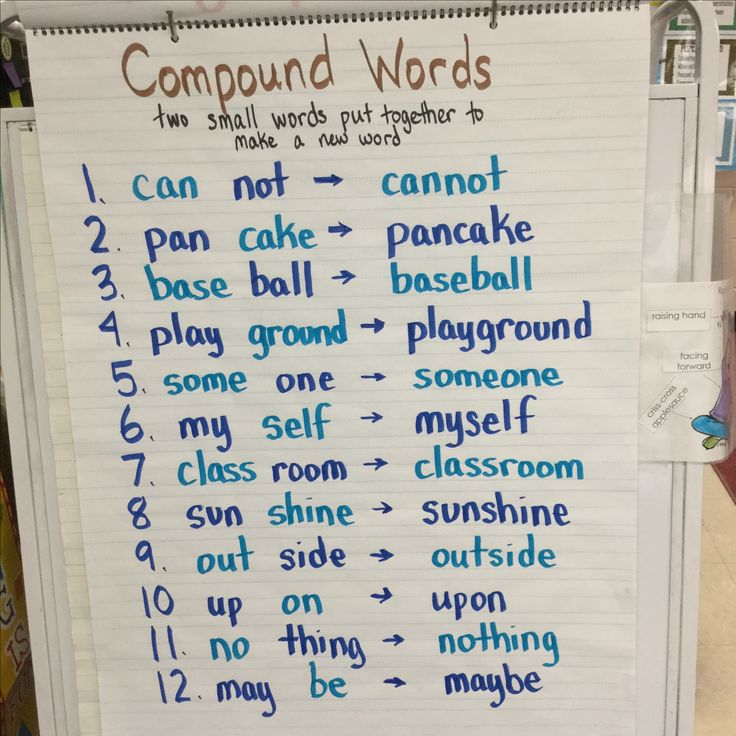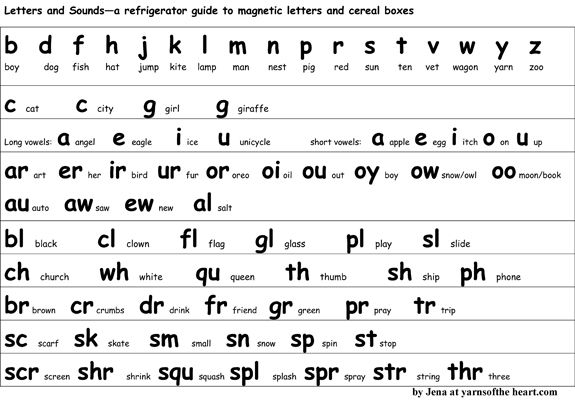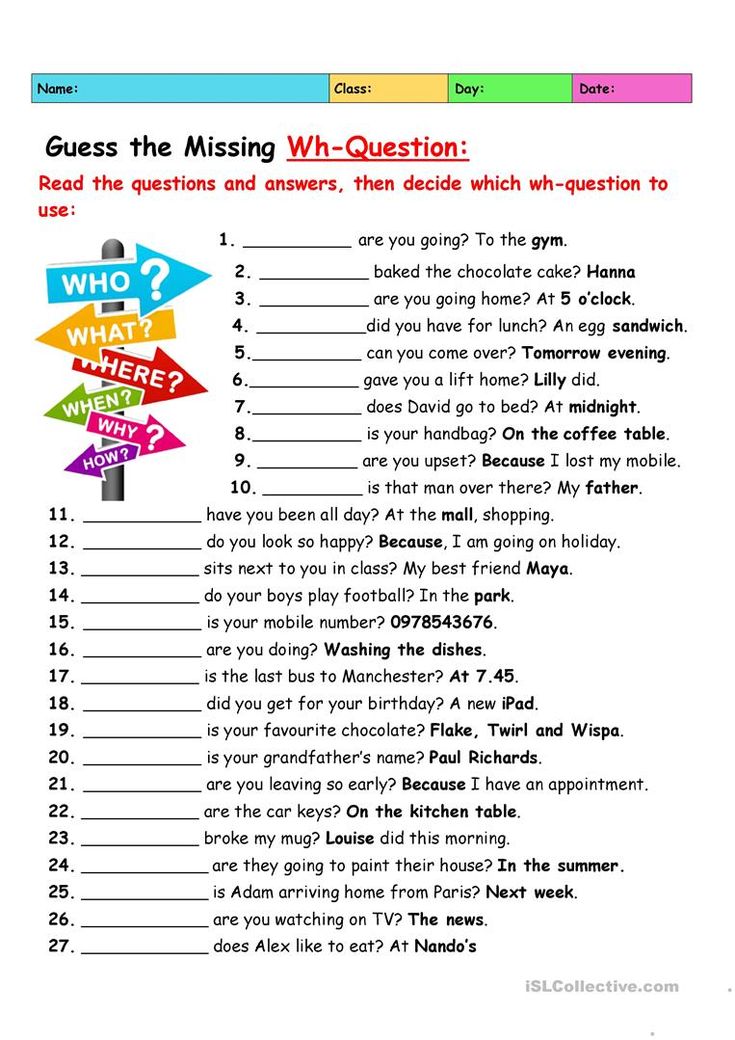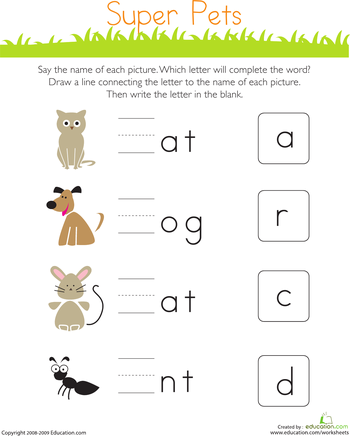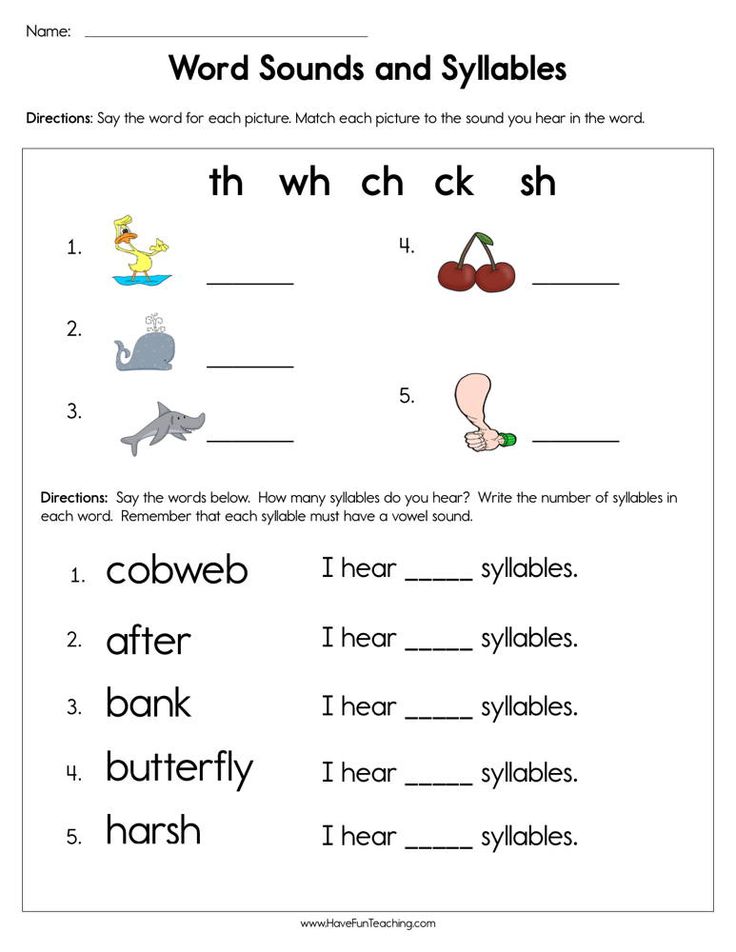Virtual math activities for preschoolers
Virtual Math Activities for Distance Learning in Kindergarten and PreK
8/16/2020
0 Comments
I’ve said it many times and I will say it many more--math centers are my absolute favorite part of the day! I love watching students explore mathematical concepts by completing centers and games. They learn so much more through the hands-on interactions (and conversations with their classmates) than they would simply completing math worksheets or in whole group lessons. When we abruptly switched to virtual learning, I mourned the loss of math centers. But after some research I have found a way to give students intentional and fun activities to mimic the center experience they would have in the classroom.
I am using Boom Learning for my “digital math centers”!
All of the virtual math activities mentioned here are available both on Boom Learning and Teachers Pay Teachers!
Why Boom Learning?
Boom cards are self-correcting! I love self-correcting activities both in person and virtually because students get in the moment feedback on how they are doing. In the classroom I use lots of self-correcting puzzles. On Boom only the correct answer is accepted (this is different from what happens in Google resources or Seesaw). If students get the answer wrong they are able to try again (we all know that making mistakes and trying again is a huge part of the learning process!)
Boom cards have a lot of flexibility in what students can be asked to do. In some activities I have them count the number of objects and type the total. In others they match shapes to real life examples or numerals to quantities and drag them together. In some they use digital counters to build sets to match numbers or sets that have one more or one less. Some activities have students click on the correct answer (a number, a shape, an object—the sky is the limit).
You can use a Boom account or you can use these activities without one! If you have the Boom account you can track student progress on individual decks which will allow you to see where misconceptions are and plan for reteaching.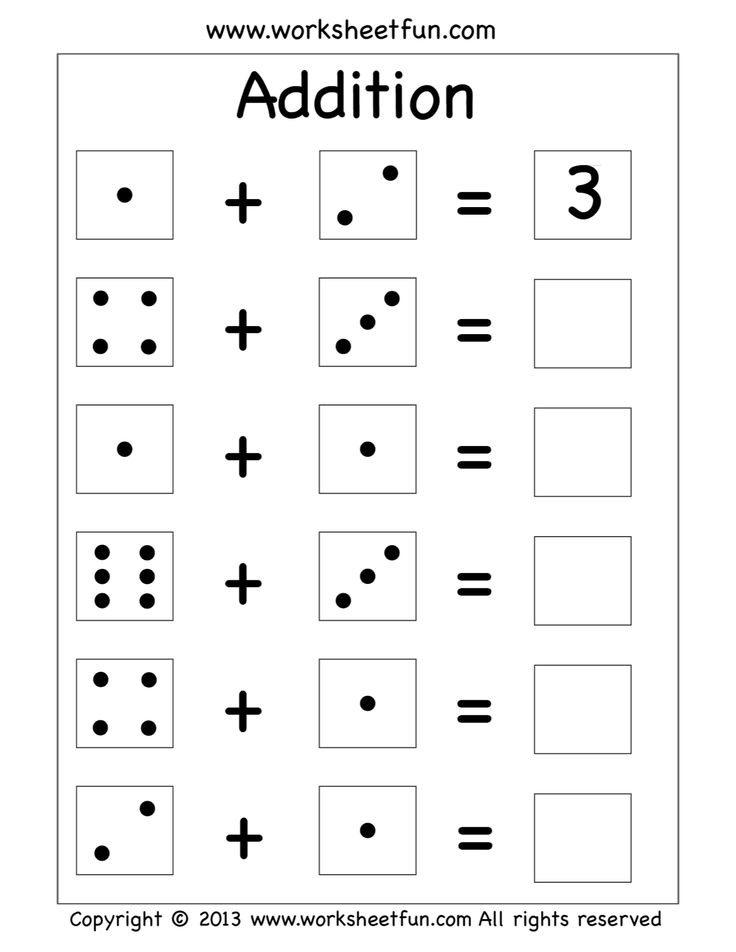 If you don’t want or can’t have student accounts that is okay!!! You can still assign students the decks and they complete them from the link. You won’t be able to see how they do but they will still get the practice. In the classroom I don’t usually see how students complete math centers because I am generally working with a small group!
If you don’t want or can’t have student accounts that is okay!!! You can still assign students the decks and they complete them from the link. You won’t be able to see how they do but they will still get the practice. In the classroom I don’t usually see how students complete math centers because I am generally working with a small group!
The links can work with a variety of platforms- you can assign them in Google classroom, link them in Canvas, or include them in an email to parents!
Virtual Math Centers
I use the Eureka Math (EngageNY) curriculum so have based my activities off of their scope and sequence. However, they all meet the Common Core standards and are applicable to any pre-k or kindergarten classroom! So far I have 3 groupings of digital math activities- counting and cardinality, geometry, and measurement and data.
Digital Counting Centers
I have built in different types of activities to give students practice counting sets up to 10.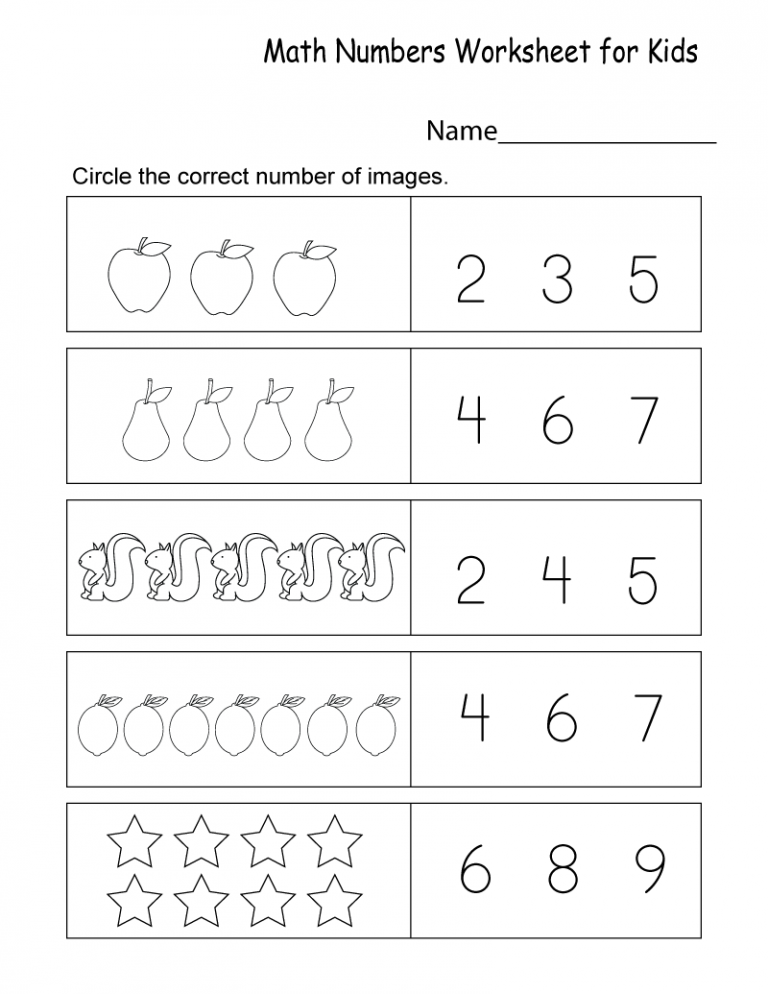 In some activities like Ice Cream Counting they count the sets and drag and drop them next to the correct number. In others like Rocket Counting, Fish Counting, and Counting Dogs students count the pictures and type the number into the correct box. My favorite activities are the ones where students build sets to match the number given (Ocean Counting, Night Sky, and Butterfly Counting). I like these because any combination of the number is marked as correct- if you are making a set of 5 you can do 5 fish straight across, 2 in the top and 3 in the bottom, every other box, etc. This helps students learn that numbers can be represented in many different ways!
In some activities like Ice Cream Counting they count the sets and drag and drop them next to the correct number. In others like Rocket Counting, Fish Counting, and Counting Dogs students count the pictures and type the number into the correct box. My favorite activities are the ones where students build sets to match the number given (Ocean Counting, Night Sky, and Butterfly Counting). I like these because any combination of the number is marked as correct- if you are making a set of 5 you can do 5 fish straight across, 2 in the top and 3 in the bottom, every other box, etc. This helps students learn that numbers can be represented in many different ways!
I have also grouped some activities into my counting bundle that teach about one more and one less. There are virtual math activities where students build sets with one more or one less than a given number. There are also two digital math activities where they count the objects and then click the number that represents one more or one less.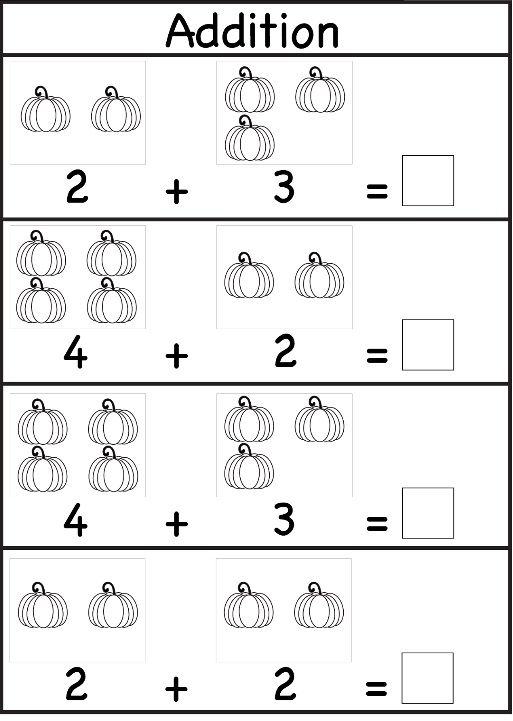
Shapes and geometry math activities for the distance learning classroom! Great virtual math activities for kindergarten.
Digital Geometry Centers
In the classroom I love teaching geometry by building shape museums of everyday objects. We talk all about the attributes and how we know what type of shape each object is. I tried to digitalize this by having students identify real life objects that are certain shapes. Also, by giving them opportunities to drag and drop real life objects to the correct 2d or 3d shape.
Sorts are some of my favorite activities. I have included a 2d (flat shape) sort, a 3d (solid shape) sort, and a sort where students differentiate between flat and solid shapes! I think this differentiation could be difficult without hands on practice but am confident that the real-life pictures will help students distinguish between 2D and 3D shapes.
Digital Measurement and Data Centers
Measurement is definitely an activity that is best done with hands on experiences.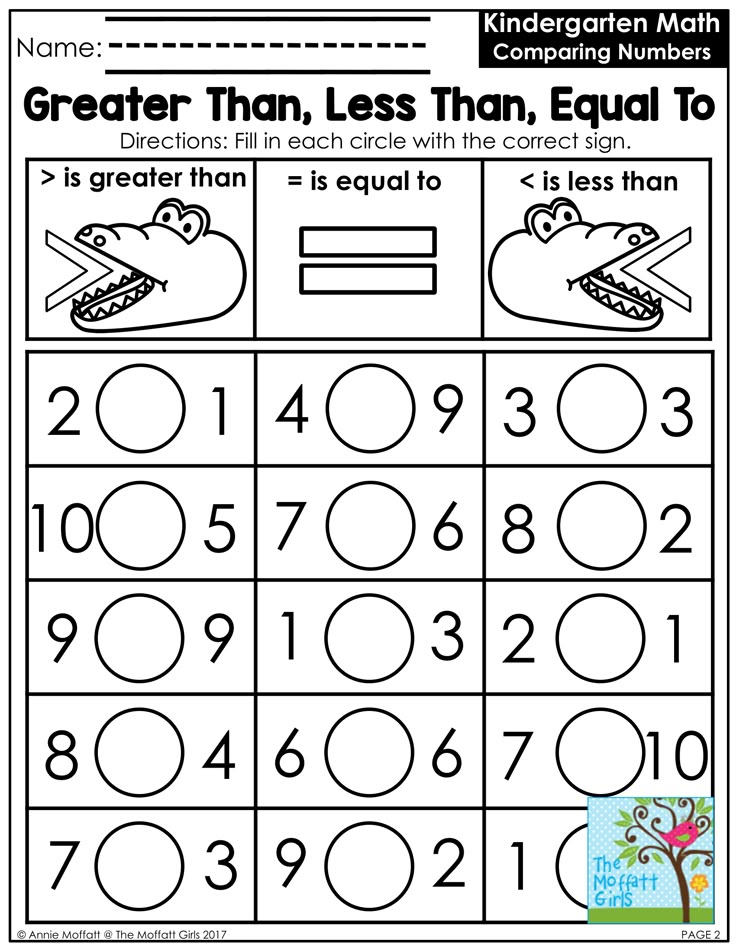 I plan to have students find objects around the house and compare them based on height, length, weight, and volume.
I plan to have students find objects around the house and compare them based on height, length, weight, and volume.
I created Boom cards to review these concepts. For height and length there are 3 activities- one where they order objects from shortest to tallest or longest to shortest, one where they sort objects as taller/shorter or longer/shorter than a given object, and finally one where they count the cubes to measure the height or length of different objects.
For weight I have an activity where they order objects from heaviest to lightest or lightest to heaviest. There is also an activity where they see a scale with an object on one side of it. They then choose between two given objects as to which could correctly complete the image. The students will have to think about the weight of the different objects as well as the positioning of the scale (is the known object lighter and up in the air or heavier and low down?)
My measurement activities also include comparing quantities.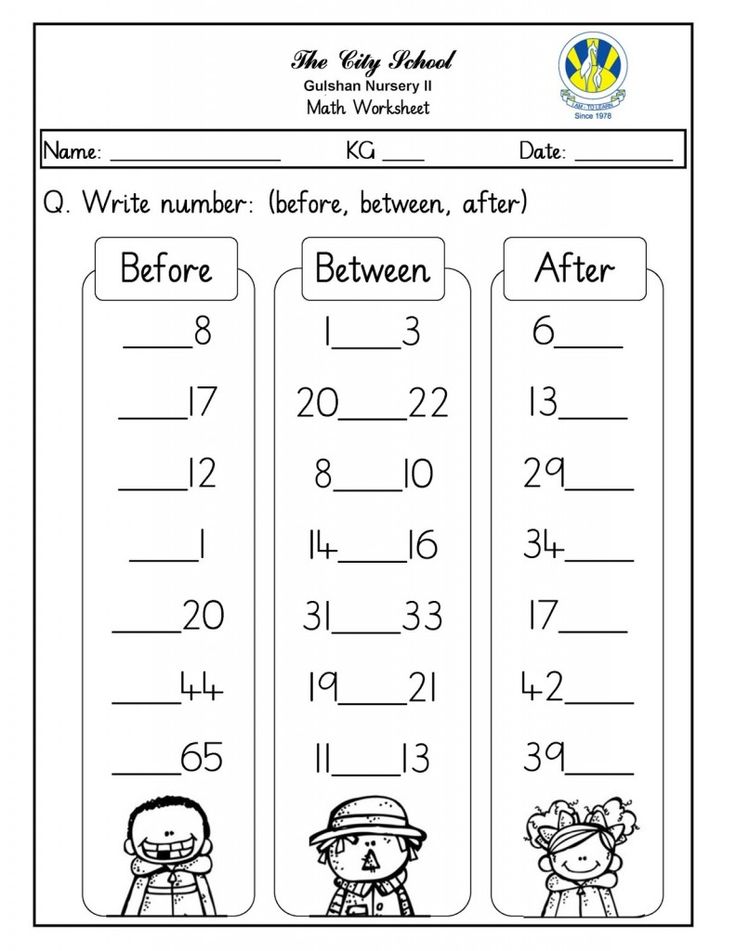 There is a digital activity where they count the two types of animals and decide if the quantities are the same or different. This then progresses to an activity where they count three sets of animals, type the correct numbers in and then click on the animal that has the most or fewest. There is a third more difficult activity as well. Students compare two groups of animals and complete a comparison statement about what they see—for example 3 is less than 5 or 8 is more than 6.
There is a digital activity where they count the two types of animals and decide if the quantities are the same or different. This then progresses to an activity where they count three sets of animals, type the correct numbers in and then click on the animal that has the most or fewest. There is a third more difficult activity as well. Students compare two groups of animals and complete a comparison statement about what they see—for example 3 is less than 5 or 8 is more than 6.
Using Digital Math Activities
I am excited to use these virtual math centers with my students! I think they will be a good bridge between the in class experience and virtual learning. I also think they will have a place in the brick and mortar classroom. I plan to use them as a computer center during my normal math rotation.
How are you adapting math centers to virtual learning? I would love to learn from your experiences
Check out my virtual math activities on BOOM learning and on Teachers Pay Teachers!
0 Comments
Math Games for Preschoolers Online
Preschool Math GamesCounting numbers, matching numbers with the correct image, number sequence, shapes, etc.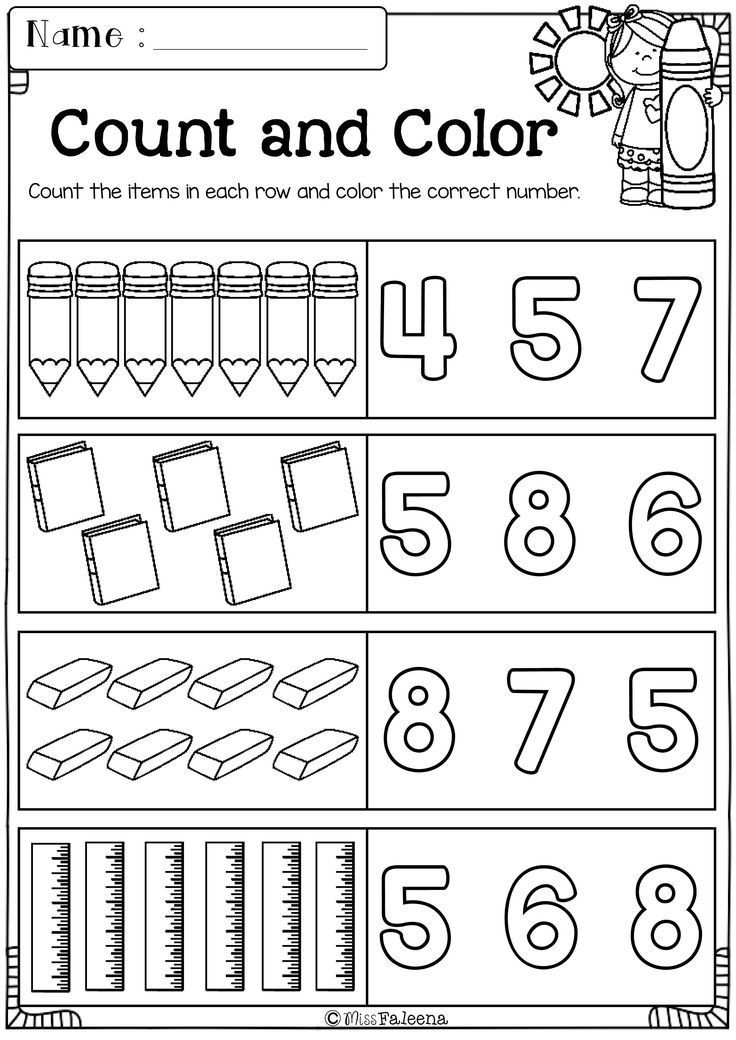 , are all fresh new areas for kids to grasp in preschool. Online games that cover these areas can increase their interest in mathematics! They make learning fun and engaging with their bright and interactive approach.
, are all fresh new areas for kids to grasp in preschool. Online games that cover these areas can increase their interest in mathematics! They make learning fun and engaging with their bright and interactive approach.
Preschool math games such as counting games, number sense games, addition games, subtraction games, and geometry games make learning less confusing and more enjoyable for the young learners. They also make learning hassle-free by making them feel more comfortable with the subject matter. As such, preschoolers are able to have an excellent grip on topics right from the start!
Benefits of Math Games for Preschoolers Online- Nurturing Interest in Math: Online games develop and nurture an interest in mathematics in young children right from the beginning. With exciting obstacles, songs and characters, they make math concepts simple and easy to understand.
- Building Math Skills: Online games are an excellent way to develop mathematical skills in young children.
 They learn to identify, sort and match numbers and shapes. This also helps with in-depth learning of basic math concepts.
They learn to identify, sort and match numbers and shapes. This also helps with in-depth learning of basic math concepts. - Building Confidence: Because of the simple yet effective nature of online learning through pre-k math games, kids are able to have confidence in their skills early-on. Repeated practice aids in concept retention which leads to more confidence and students are able to take risks in the future to solve math problems.
Play on multiple devices: You can play math games for preschoolers online on multiple devices like; iPad, laptop, phones, etc.
Easy Connect for Parents: Parents are instantly notified of their child’s progress.
Offline access: Pre-k math games can also be played offline for easy access.
FAQs1. How are games for preschoolers useful?Kids can find it challenging to understand numbers and math operations.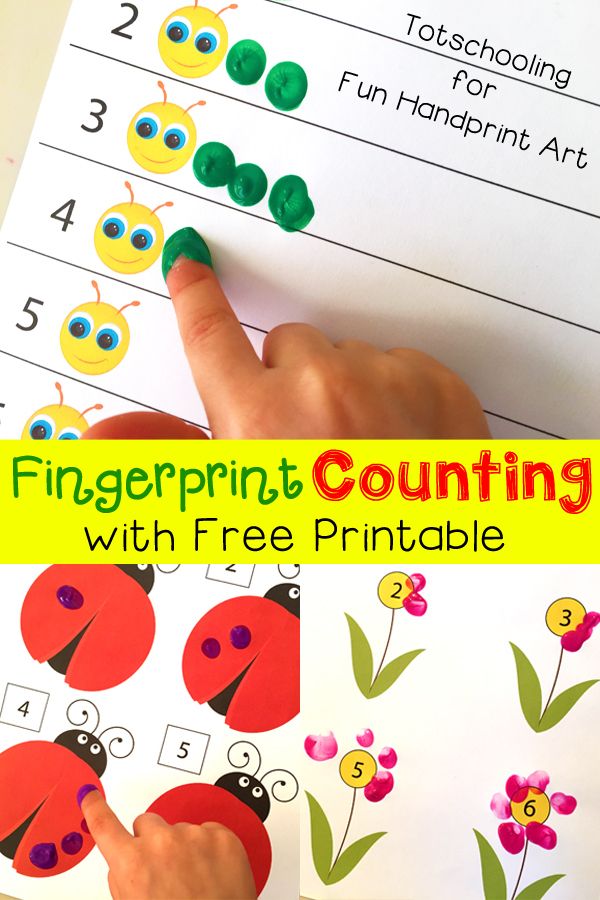 But online math games provide them with a more lively and exciting way to get a hold of the subject. They show a much more interactive and exciting way to understand mathematical concepts.
But online math games provide them with a more lively and exciting way to get a hold of the subject. They show a much more interactive and exciting way to understand mathematical concepts.
Yes! Online games are an excellent way to build the foundation of math in preschoolers. Teaching math concepts with online games like singing number songs, subitizing to count, tracing numbers, etc. help them learn about number identification, number sequencing, and basic concepts of subtraction and addition. They are a great way to build math skills.
3. Are online games for preschoolers easy to use and understand?Yes! Online games for preschoolers are interactive, fun and simple and hence are easy to play and understand. They help your little kids to get into the world of numbers and shapes smoothly.
4. How can I make my preschool math learning fun through games?Online games are a fun way for your kids to get engrossed within the world of numbers and start identifying the digits and recognizing shapes.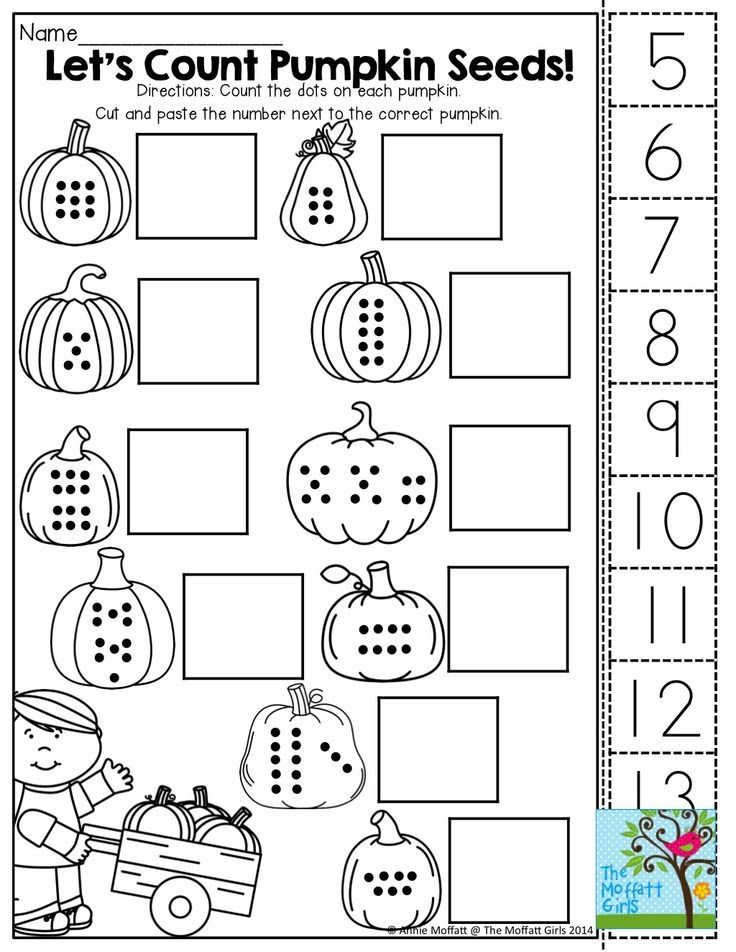 They make math learning exciting and enjoyable for your little ones.
They make math learning exciting and enjoyable for your little ones.
Online games and activities can be used to teach math to preschoolers. They are an excellent way to discover math and kids can learn to sequence numbers, count objects in linear and non-linear arrangements and so much more!
Try SplashLearn for Free
Mathematics for children 7-8 years old
Parents play no less a role in teaching a child than school teachers. Of course, examples and tasks in mathematics for children of 7 years old seem quite simple to adults. But understanding the task and sharing your own knowledge are not the same thing. Online math exercises for a child of 7 years old, presented in the corresponding section, are designed to help in the development of a small student and improve their assimilation of new material. Education on the Razumeikin website will make it possible to interest the child in the world of numbers and facilitate the process of his adaptation to school.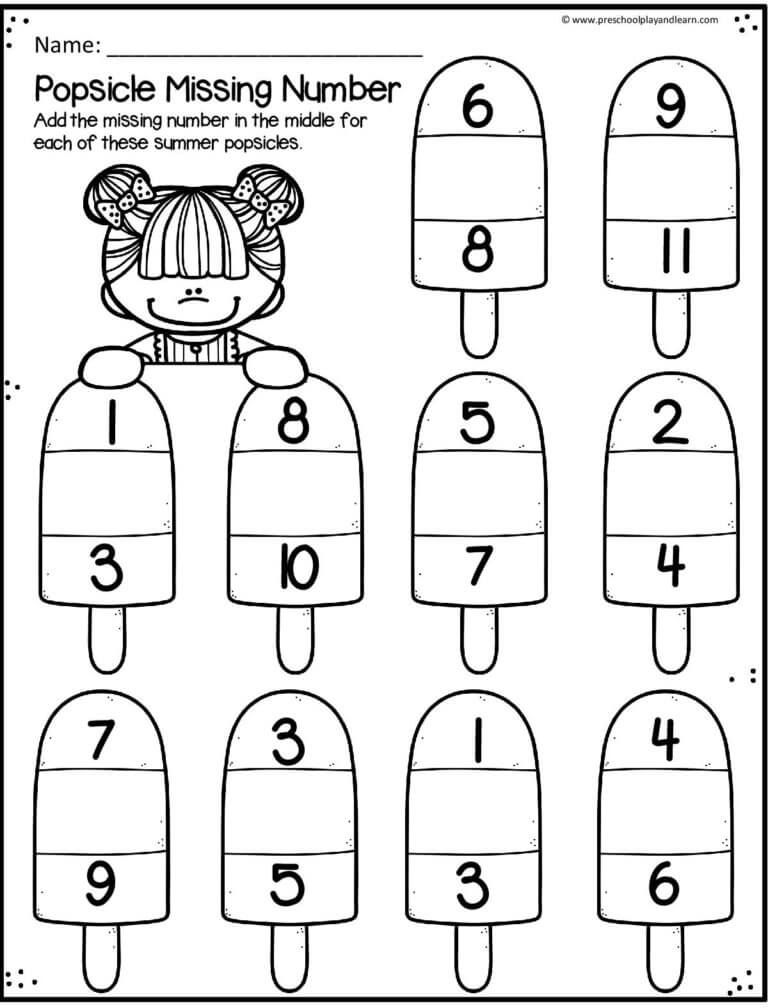
Math assignments for children 7 years old introduce children to the numbers of the second ten. Coping with them, kids learn to count without going through a dozen and with going through a dozen. In addition, the guys master the account within a hundred. Developing tasks in the section "Mathematics for children 8 years old" will be interesting and useful for students in grades 1-2. By completing them, the guys will be able to work out and consolidate the material covered.
Tasks-tests in mathematics for children 7 years old allow you to master this exact science in the form of an educational game. While developing the exercises, the specialists of the Razumeykin website tried to make them not only as understandable and exciting as possible, but also really useful in practical terms. For each task for children 7 years old in mathematics, a detailed explanation is provided. You can find it in the training video before the exercise. An appropriate explanation for tasks in mathematics for preschoolers, schoolchildren 7 years old and older is also provided in a situation where the child gave an incorrect or insufficiently complete answer.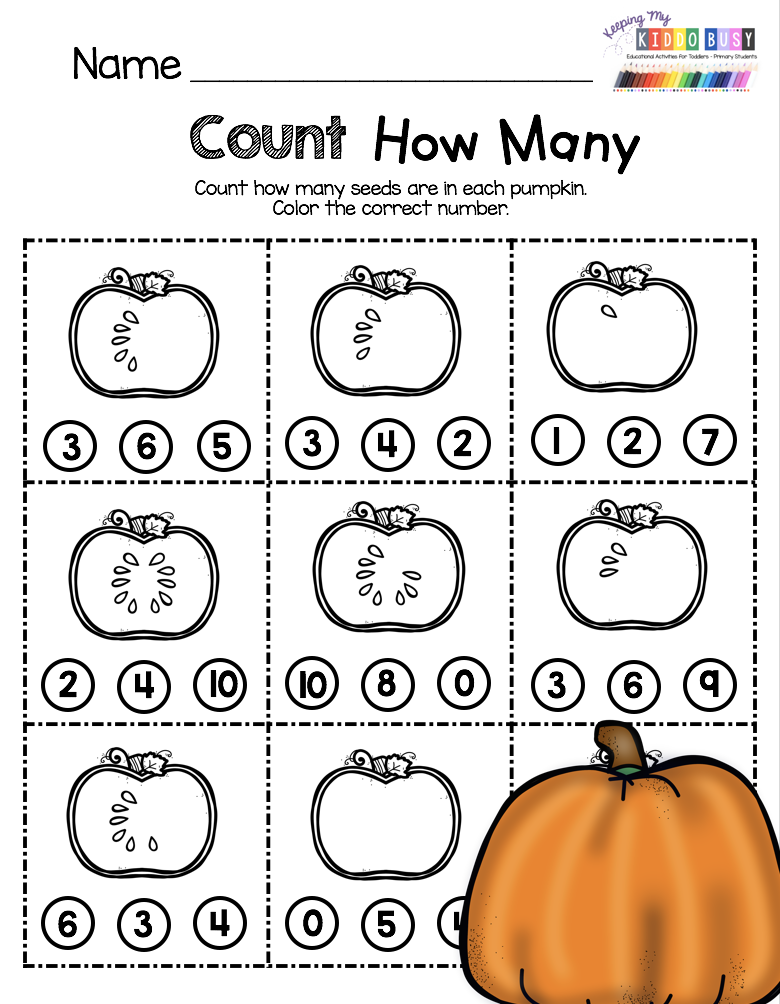
How is the training material delivered?
To make the educational games in the section "Mathematics for children 7 years old" easy for young fidgets and be really interesting, the staff of the site "Razumeykin" supplemented each exercise with thematic pictures. In addition, they have audio accompaniment, and some tasks even involve the motor sphere. All tasks-games in the section "Mathematics for children 7-8 years old" can be completed online.
How are results evaluated?
Specialists of the developing site "Razumeikin" have developed a whole system of rewards. Coping with tasks in mathematics, preschoolers, schoolchildren 7 years old and older children receive virtual awards. Our website provides medals, cups, pennants and diplomas. We are convinced that in this way it is possible to increase the interest of children in independent learning and develop positive motivation.
Almost all tasks-games in the section "Mathematics for children 8 years old" are evaluated depending on the attempt at which the child gave the correct answer.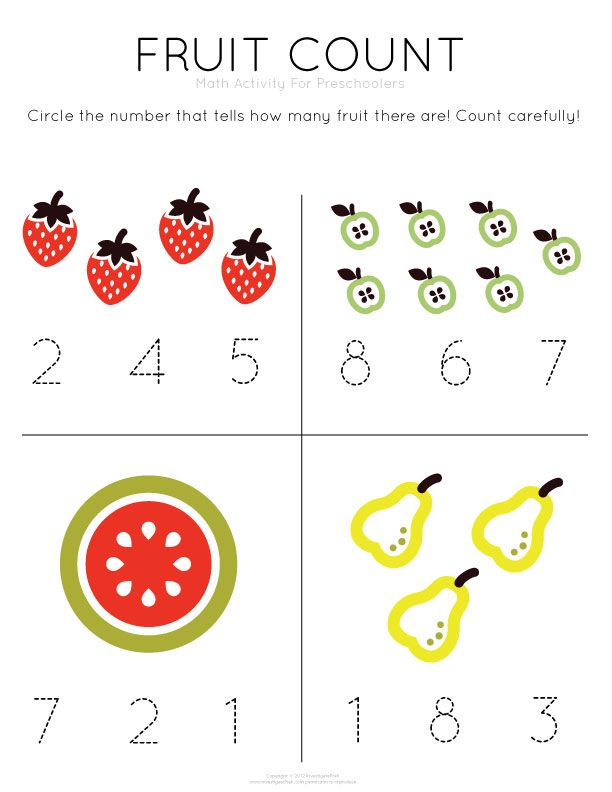 If necessary, the guys can return to the exercise done. By completing it again, young students will be able to improve the previous result and become owners of a higher reward.
If necessary, the guys can return to the exercise done. By completing it again, young students will be able to improve the previous result and become owners of a higher reward.
Is your child ready to start learning? We recommend that you get tested first. The results obtained will help to understand which topics will need to be discussed in more detail. In addition, parents will be able to determine which exercises in the section "Math for children of 8 years old" are best done first.
Educational games and tasks online for grade 1 from Kids Smart. Fascinating exercises for first graders
Math games and tasks, Russian language, development of logic and imagination for the first grade
9 431
Task for children of grade 1
Attention and memory
Find a fragment
Miracle cubes
Objects at about
Magic points
Mirror cubes
Picture
Piece
Collect a photo
Set the time
Show the time
Clock arithmetic
Mathematics
Equalities and inequalities 9Ol000
Consonant sounds
Word mania
First letter
Letter at the beginning
Collect the word
Find the word
Word in the word
Word length
Letter
English
Make word
room
Alphabetical order
Colors
attention and memory
Find a fragment
Miracle cubes
Items in order
Magic dots
Mirror cubes
Collect the picture
Fifteen
Collect the animal 9Ol000
Hard and soft consonants
Vowels
Syllables
Sounds and letters 9Ol000 Make a word
Room
Alphabetical order
Colors
It's time for school!
The first grade of school is very important.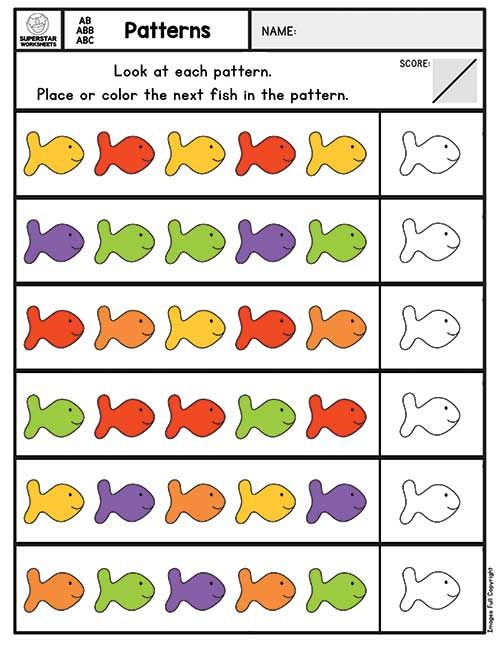 The child will have to adapt to elementary school, learn discipline and learn new subjects. Creating an exercise program for first-graders, we tried to make it as understandable and productive as possible for children.
The child will have to adapt to elementary school, learn discipline and learn new subjects. Creating an exercise program for first-graders, we tried to make it as understandable and productive as possible for children.
This section presents educational games and tasks for grade 1 , which are aimed at training logical thinking, ingenuity, attention, observation and memory development. Additional tasks will help to consolidate the knowledge of mathematics, Russian and English.
Logic games!
We would like to note that our intellectual games and developmental tasks for children of the 1st grade do not replace the school curriculum, but supplement and expand it, give the child the opportunity to practice and develop skills and knowledge. Preschoolers using the Kids Smart platform can prepare for school online. It is the right games for the first grade that will help in mastering the necessary skills that will be useful at school.
Easy progress control!
Education statistics are available to parents in the service.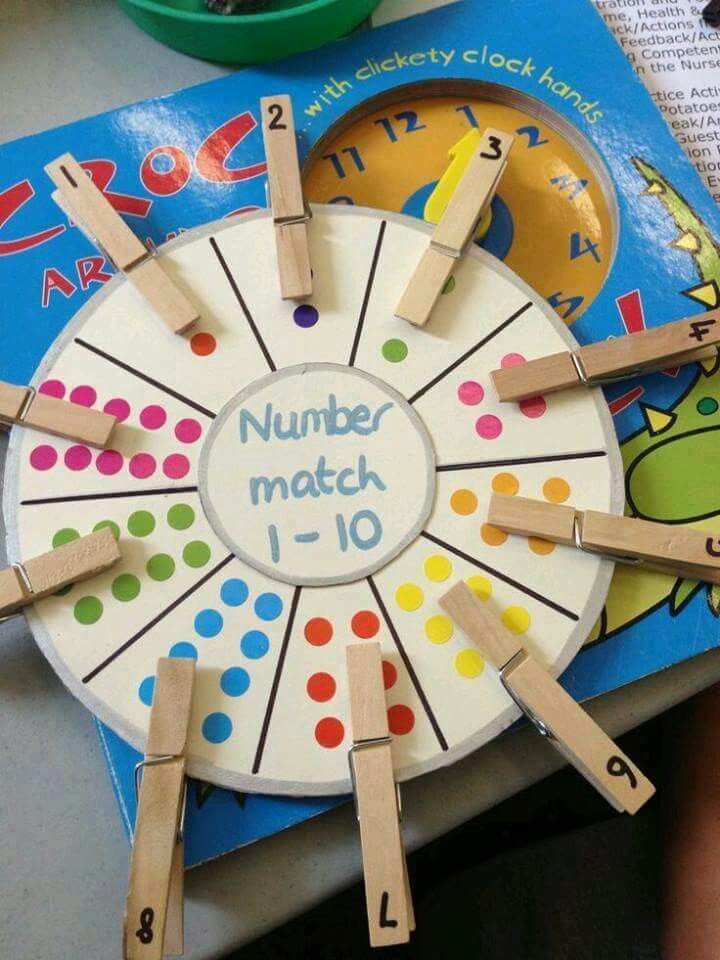 Detailed reports show on which topics the child is making progress, and which topics need to be “pulled up” and repeated. For correct answers, the platform encourages children, gives awards and diplomas. We advise you to complete learning tasks for children in the first grade for 15-20 minutes, several times a week, regularly.
Detailed reports show on which topics the child is making progress, and which topics need to be “pulled up” and repeated. For correct answers, the platform encourages children, gives awards and diplomas. We advise you to complete learning tasks for children in the first grade for 15-20 minutes, several times a week, regularly.
Interactive educational exercises!
Thanks to the game form, the student will be happy to perform a variety of tasks. For example, math games for the first grade is a whole collection of exercises aimed at learning mathematics, and the Word Mania section is exciting and will not leave indifferent any student who wants to expand their vocabulary.
A set of educational tasks and games for Grade 1 is a true learning assistant for your child.
Forgot your password?
Enter the email address you used during registration and we will send instructions to reset your password.
{{ forgotPassword.